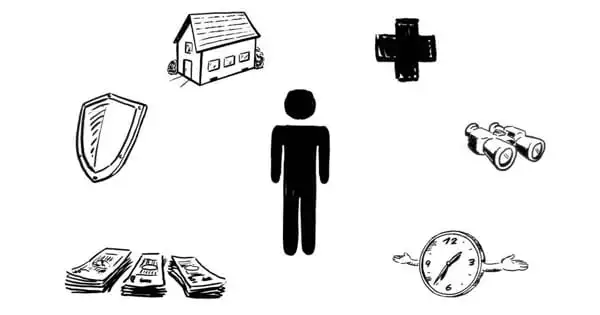Welfare capitalism is an economic system in which private businesses are expected to take responsibility for the social welfare of their employees. In a welfare capitalist system, employers may offer benefits such as health insurance, retirement plans, and paid time off in order to attract and retain workers.
Welfare capitalism is defined as capitalism that includes social welfare policies and/or businesses that provide welfare services to their employees. Welfare capitalism in the second sense, or industrial paternalism, peaked in the mid-20th century and was centered on industries that employed skilled labor.
In economics, welfare capitalism refers to privately owned businesses that provide welfare services to their employees. Welfare capitalism can also be found in government-sponsored welfare programs. Socialism and welfare capitalism share some characteristics but differ greatly in terms of how social services are distributed. The government controls the majority of basic goods and services in socialist countries. Socialist economies are also in charge of financing, organizing, and administering public social services. Businesses, not the government, own the majority of goods and services in welfare capitalism. Businesses collaborate with the government to provide people with welfare services.
Welfare capitalism emerged in the early 20th century as a response to the social problems caused by industrialization and rapid urbanization. The system was pioneered by companies such as Ford Motor Company and International Harvester, which provided their workers with high wages, healthcare, and other benefits in order to reduce labor turnover and increase productivity.
Today, welfare capitalism is most commonly associated with capitalism models found in Central and Northern Europe, such as the Nordic model and social market economy (also known as Rhine capitalism and social capitalism). Welfare capitalism may exist within a mixed economy in some cases, but welfare states can and do exist independently of mixed-economy policies such as state interventionism and extensive regulation.
Welfare capitalism has been criticized by some as a form of paternalism, in which workers are dependent on their employers for their basic needs. Others argue that it has helped to create a more stable and prosperous society by providing a safety net for workers and reducing social inequality.
Today, many developed countries have welfare state systems that provide a range of social benefits and protections to their citizens, including healthcare, education, and social welfare programs. However, the concept of welfare capitalism remains relevant in discussions of corporate responsibility and the role of businesses in promoting social welfare.
















